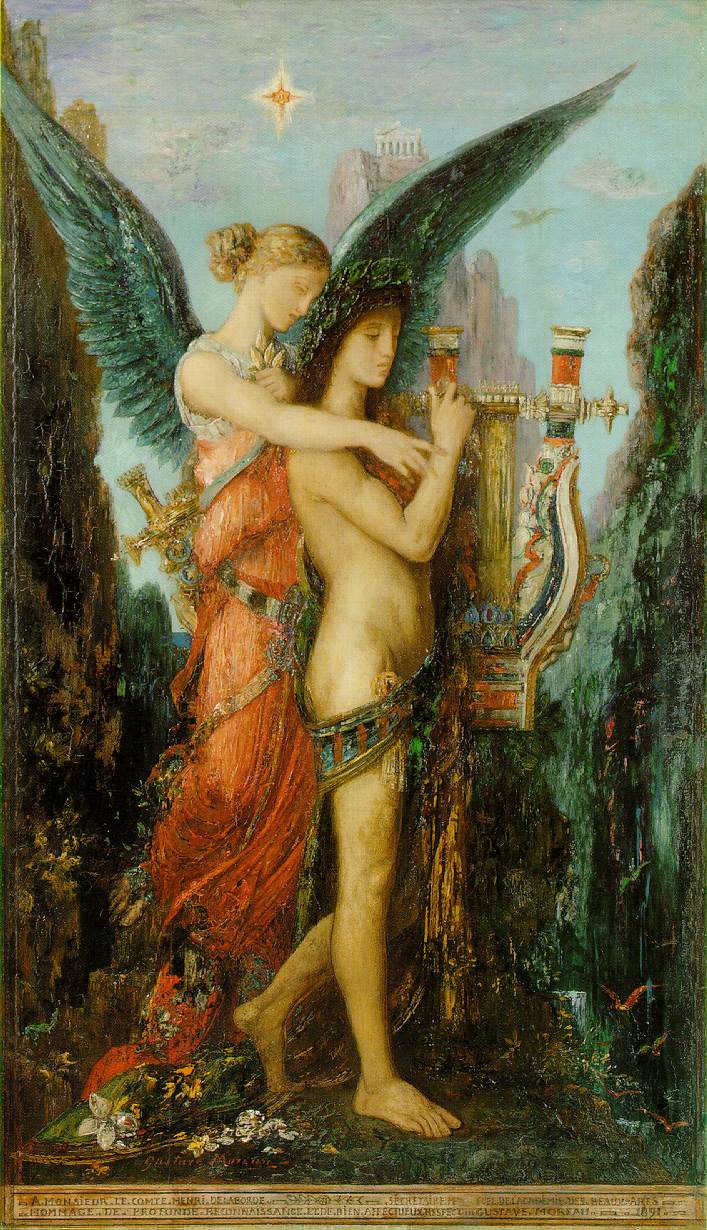Hezjod słynne cytaty
Źródło: Cecily von Ziegesar, Plotkara, wstęp do V t.
Hezjod Cytaty o kobietach
Hezjod cytaty
Źródło: Przykazania etyki prawniczej: księga myśli, norm i rycin, oprac. Roman Tokarczyk, wyd. Wolters Kluwer Polska, s. 31.
Hezjod: Cytaty po angielsku
“Observe due measure, for right timing is in all things the most important factor.”
Źródło: Works and Days (c. 700 BC), line 694.
“It is not possible to deceive or go beyond the will of Zeus.”
Źródło: The Theogony (c. 700 BC), line 613.
“He harms himself who does harm to another, and the evil plan is most harmful to the planner.”
οἷ γ᾽ αὐτῷ κακὰ τεύχει ἀνὴρ ἄλλῳ κακὰ τεύχων
ἡ δὲ κακὴ βουλὴ τῷ βουλεύσαντι κακίστη.
The man who does evil to another does evil to himself, and the evil counsel is most evil for him who counsels it.
He for himself weaves woe who weaves for others woe,
and evil counsel recoils on the counsellor. https://archive.org/stream/b24865898#page/432/mode/2up
Źródło: Works and Days (c. 700 BC), lines 265-266
“Sometimes a day is a step mother, sometimes a mother.”
Źródło: Works and Days (c. 700 BC), line 825.
“Work is no disgrace: it is idleness which is a disgrace.”
Źródło: Works and Days (c. 700 BC), line 311.
“The dawn speeds a man on his journey, and speeds him too in his work.”
Źródło: Works and Days (c. 700 BC), line 579.
“Invite the man that loves thee to a feast, but let alone thine enemy.”
Źródło: Works and Days (c. 700 BC), line 342.
“Wealth should not be seized: god-given wealth is much better.”
Źródło: Works and Days (c. 700 BC), line 320.
This quote has been attributed to Hesiod on the internet, and even published with citation as a dubious attribution, but there are no known occurrences of it in his writings.
Misattributed
“For a man wins nothing better than a good wife, and, again, nothing worse than a bad one.”
Źródło: Works and Days (c. 700 BC), line 702.
Źródło: The Theogony (c. 700 BC), line 603.
“For trust and mistrust, alike ruin men.”
Źródło: Works and Days (c. 700 BC), line 372.
“The gods have placed sweat as the price of all things.”
Perhaps a mistranslation of line 289 of Works and Days, actually:
: But in front of excellence the immortal gods have put sweat
Misattributed
“Fools, they do not even know how much more is the half than the whole.”
Źródło: Works and Days (c. 700 BC), line 40; often translated as "The half is greater than the whole."
“Diligence increaseth the fruit of toil. A dilatory man wrestles with losses.”
Źródło: Works and Days (c. 700 BC), line 412.
“Do not seek evil gains; evil gains are the equivalent of disaster.”
Gain not base gains; base gains are the same as losses.
Źródło: Works and Days (c. 700 BC), line 352; compare: "the gains of the wicked bring trouble", Book of Proverbs 15:6.
We know to tell many fictions like to truths, and we know, when we will, to speak what is true.
We know how to tell many lies that pass for truth, and we know, when we wish, to tell the truth itself.
Źródło: The Theogony (c. 700 BC), lines 27–28. Variant translations:
“On the tongue of such an one they shed a honeyed dew, and from his lips drop gentle words.”
Źródło: The Theogony (c. 700 BC), line 82.
